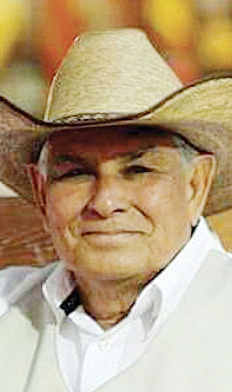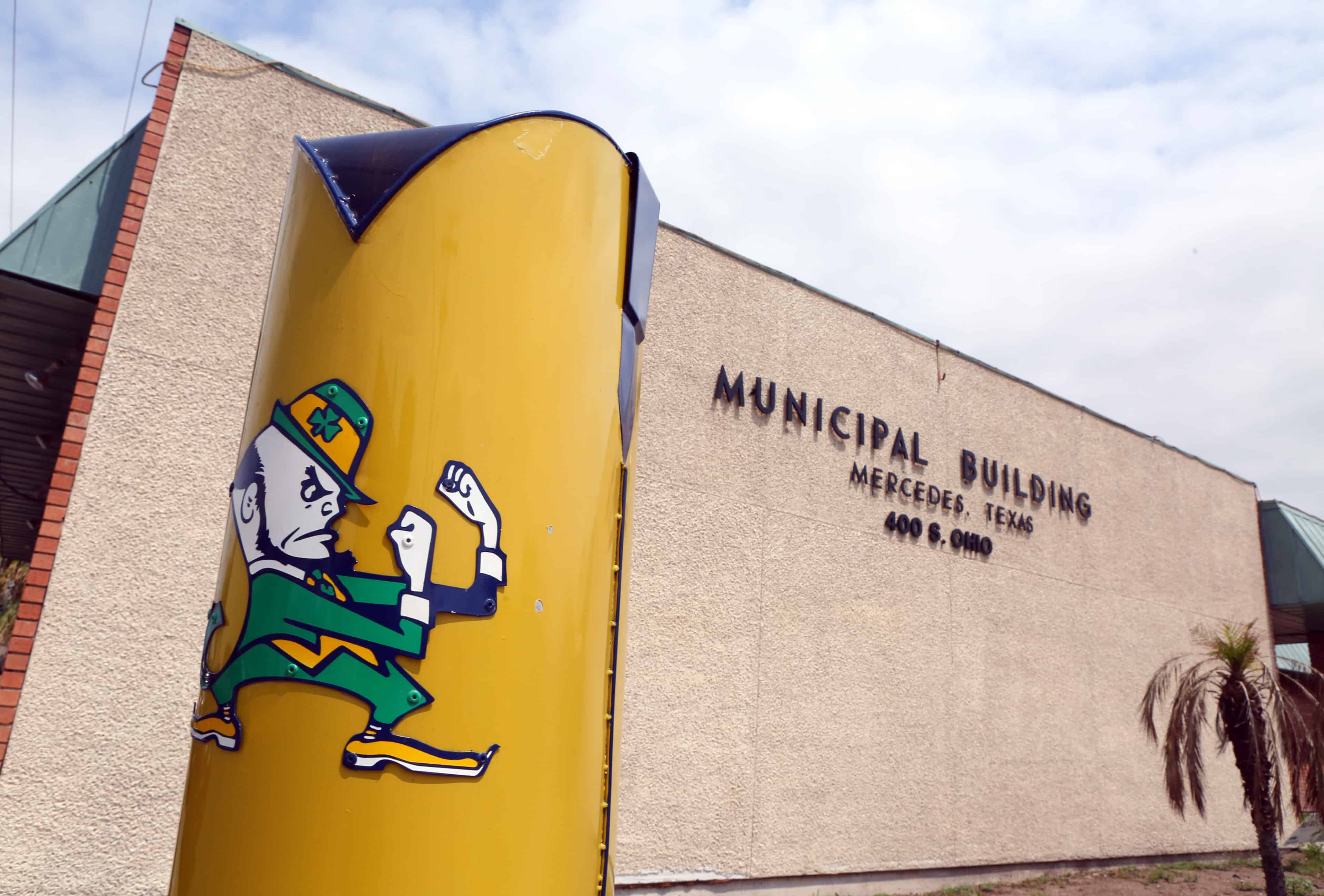
Complaints lodged against a Mercedes city commissioner by the city manager and other staff fizzled last week after the city commission declined to take any action in response to the allegations.
However, the issue may not be over as that commissioner, Jose Gomez, mulls pursuing complaints of his own. The Place 3 commissioner has indicated he is considering pursuing criminal charges against those he claims are targeting him in order to force his silence.
“At this point, I will move forward and follow procedure to file criminal complaints against them for official oppression, because it is,” Gomez said during a phone interview.
“I will do it and start at Mercedes PD. And it will be against our mayor, city manager and our legal, because she’s not giving us the representation that is really needed here. Yes, that’s on the record,” Gomez said.
THE ALLEGATIONS
The discord began last month, when Gomez was set to be the topic of discussion during the executive session portion of a Mercedes City Commission meeting. At issue were a spate of allegations that Gomez had interfered with city staff and undermined the city manager’s ability to do his job.
In a six-page complaint about Gomez, Mercedes City Manager Alberto Perez alleged that the commissioner was subverting his role as city manager in dealing with state agencies, and that Gomez was giving staff directives in violation of the city charter, among other allegations.
But that discussion about Gomez never materialized after he refused to participate behind closed doors, or without an attorney present.
Gomez wanted independent legal representation — on the city’s dime — after an inquiry to City Attorney Martie Garcia Vela indicated he could be facing the potential for criminal charges since part of Perez’s complaint included an excerpt from the Texas Penal Code regarding official oppression.
But the commission voted against paying for Gomez to hire a lawyer, and the issue was further postponed until last Tuesday.
EXECUTIVE SESSION
“It seems like I’m back on the agenda. But I have a question for legal, it doesn’t name me specifically. Shouldn’t it be specific, an item to me?” Gomez asked just as the commission was preparing to go behind closed doors Tuesday.
Garcia Vela clarified that, since the item had been previously tabled, the same wording needed to be used when bringing it back for discussion. Place 2 Commissioner Leonel Benavidez then asked if Gomez could opt to have the discussion out in the open, since the item was about him.
“You want it out or in, Joe?” Benavidez can be heard asking Gomez before the livestream of the meeting cuts out.
And therein began the dispute about what happened that night.
Gomez alleges he was bullied into silence, denied the option of airing the allegations in public.
The city attorney maintains the commission acted in accordance with the legal guidance she provided, and in accordance with the Texas Open Meetings Act.
“They denied it. The city attorney said we’re already in executive session. And I said wait a second, I’m on that item, item D. So, I wanted it open, in open session,” Gomez said afterward.
According to the city attorney, however, since the mayor had already announced the list of executive session items, the commission could not return to open session to discuss the issue publicly.
Further, Benavidez’s question wasn’t enough to move the discussion back to the public realm since the agenda item wasn’t about him, Garcia Vela said.
“It was up to Commissioner Gomez to assert before we went into executive that he wanted to discuss that item in open (session),” Garcia Vela explained.
“When we retired to executive, he (Gomez) did not assert that. It wasn’t until after we had already convened into executive session, so technically, we were already in executive,” she said.
Essentially, Garcia Vela claims that Gomez could not assert his right to hold the discussion in public once the commission had gone behind closed doors, and that if he had, by then, it would have been too late.
But Section 551 of the Texas Government Code, more commonly known as the Texas Open Meetings Act, makes no specific mention about how many times a governing body can go into and out of closed session during one meeting.
Nor does it state that a specific item cannot be brought back to the public after the governing body has gone behind closed doors.
The act simply states that such agenda items must be properly noticed, and that a quorum must first be present — in public view — before any closed-door discussion begins. Any formal action taken by the governing body must also take place in public.
“My understanding of the rules is that he should have done it at the inception of us retiring to executive,” Garcia Vela said.
“What I advised him is that in the future if he wanted to include that in a future agenda item, we could do that,” she said.
Gomez participated in the executive session up until the moment when the complaints against him were set to be discussed. At that moment, he left the room — a fact confirmed by Garcia Vela.

BACK IN PUBLIC
When the rest of the commission returned to the legislative chamber some moments later, Gomez asked if they would be taking any action on the issue. Garcia Vela responded that there was no action or motion on the table.
Mayor Oscar Montoya then said the discussion was “dead” — for now.
“It’s dead for three months. Whether there’s action or no action, right now, it’s gonna be dead for three months at least,” Montoya said.
Garcia Vela later explained that that timeframe comes from an ordinance regarding a three-month prohibition on discussing agenda items that have already been settled by the commission.
“What the mayor was referencing is that, apparently — and I haven’t seen it, I have requested to see whether that exists or not — there is an ordinance that if the commission visits an item and it’s put on the agenda, that it can’t come back for three months because they’ve already visited that business on the agenda,” Garcia Vela said.
“(It’s) to prevent somebody from basically putting the same thing on the agenda over and over and over until they get their way,” she said.
But that explanation didn’t satisfy Gomez, who wanted clarification on whether he had to worry about defending himself anew down the line.
Again, he tried to speak, but again, his attempts were shut down.
“I would still like to make some statements on my behalf,” Gomez said during the meeting.
“There’s no motion and no action,” Garcia Vela replied.
“I’ll tell you what, Mr. Gomez, obviously we’re in an impasse here. I’m not gonna address this anymore, but if there’s something you want to put on for future agenda, when we get to No. 14, you can put it on the agenda,” the mayor added, referring to the portion of the agenda when the commission offers topic ideas for future meetings.
“If you want to talk about something, air something out, then you can put it on the agenda. That way you have your opportunity if you want to speak on something, OK?” Montoya added.
To Gomez, those responses to his questions were a deliberate attempt to deny him his right to speak.
“Why wouldn’t I be able to defend myself, even publicly, you know? Say my side of the story. They denied me that,” Gomez said.
And it’s for that reason that he’s considering pursuing criminal charges.
“I don’t want to do that, but I’m at that point already,” Gomez said.



